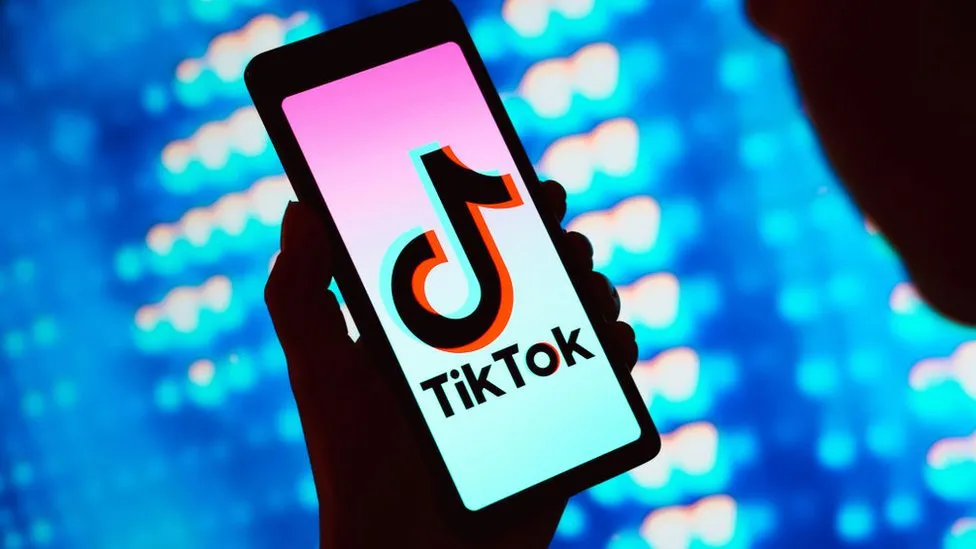TikTok’s Fate in Question: Bipartisan US Bill Could Force ByteDance Divestment
A bipartisan group of 19 US lawmakers has introduced a bill that could compel ByteDance, the Chinese tech giant, to divest the popular video-sharing app TikTok within six months or face a potential ban. The move comes amid persistent concerns from American officials about the potential risk of TikTok’s user data being accessible to the Chinese government, raising national security issues. The proposed legislation seeks to address these concerns by giving ByteDance a 165-day window to sell TikTok or potentially face restrictions, including removal from app stores and web hosting platforms in the United States.
TikTok swiftly responded to the proposed bill, denouncing it as a veiled “outright ban” that could have severe consequences. In a statement, TikTok argued that the legislation would infringe on the First Amendment rights of 170 million Americans who use the platform and negatively impact around 5 million small businesses that rely on TikTok for growth and job creation.
The ongoing scrutiny of TikTok by US lawmakers reflects broader worries about the security implications of foreign-controlled apps. Lawmakers argue that applications like TikTok, operated by entities from foreign adversaries, pose an unacceptable risk to US national security. This sentiment aligns with previous attempts by US senators to restrict the app, although such efforts faced obstacles after lobbying by the company.
TikTok’s popularity in the US, particularly among younger demographics, has made it a focal point for policymakers concerned about data privacy and potential foreign influence. Previous attempts to address these concerns included former President Donald Trump’s executive order in 2020 seeking to ban TikTok, which faced legal challenges and did not come to fruition.
The proposed bill is now under consideration by the House Energy and Commerce Committee, indicating that it will undergo thorough scrutiny before potential enactment. The outcome of this legislative effort will not only impact TikTok but could set a precedent for how foreign-owned apps are treated in the United States, signaling broader implications for the technology and social media landscape. As this debate unfolds, the delicate balance between national security interests, user privacy, and free speech rights will continue to shape the regulatory landscape for digital platforms operating in the US.




























Comment Template